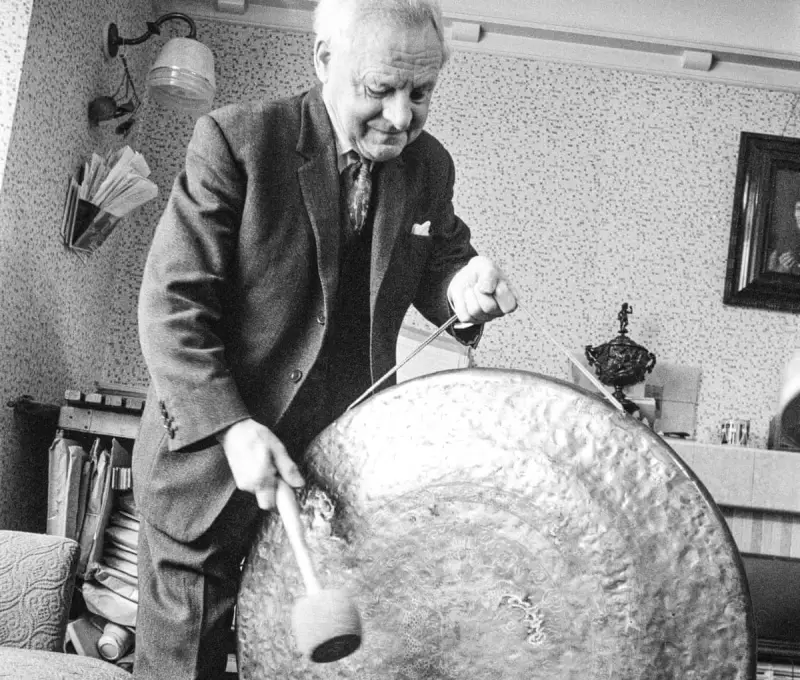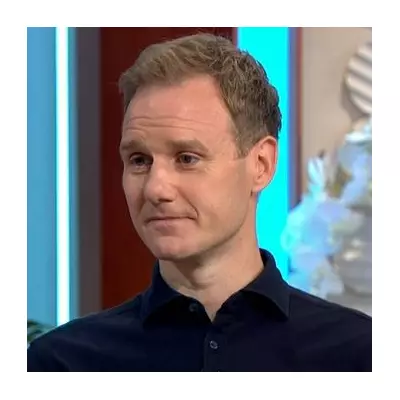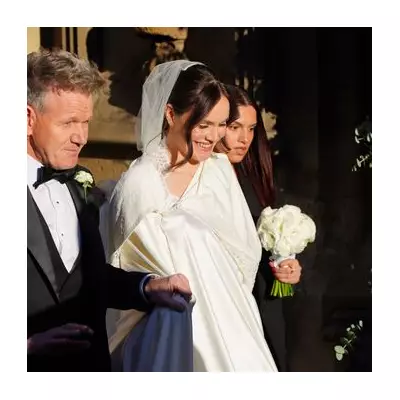
In the heart of Suffolk, the Britten Studio at Snape Maltings recently hosted a unique recording for BBC Radio 3. The event, a one-night-only drama-documentary, aimed to celebrate the life and work of one of Britain's most remarkable musical figures: James Blades. The atmosphere was electric with a mix of anticipation and nerves, as the production team prepared to capture the essence of this percussion pioneer for a broadcast that would go out 'as live'.
The Man Behind the Mallets
Born in 1901 in working-class Peterborough, James Blades was a musical force who defined percussion for a generation. Entirely self-taught, his journey began with humble origins. The young Blades was reportedly told to 'clear off' by the drummer in his local works band, a rejection that only fuelled his determination to learn. This early struggle informed his later passion for teaching, sharing his knowledge widely across schools and colleges throughout the country.
Blades's career was nothing short of spectacular. He ascended from playing in cinema orchestras during the silent movie era to becoming a sought-after collaborator for some of the 20th century's greatest artistic minds. His blazing talent and capacity for hard work led him to work with an astonishing array of figures, including Benjamin Britten, Alfred Hitchcock, and Charlie Chaplin.
A Legacy of Sound and Collaboration
One of the most charming anecdotes from his career involves the recording of William Walton's score for the film Henry V. Tasked with creating a specific jangle on the tubular bells, Blades found himself needing assistance. He called for 'two more broomsticks', and who should step up but composer William Walton and the legendary actor Laurence Olivier himself. The next time you hear that iconic score, remember the image of these three titans bashing away together.
His relationship with Benjamin Britten was particularly significant. Britten, known for his exacting standards, frequently called upon Blades to create unique percussive sounds. Blades would forage for or even build instruments from scratch to meet the composer's vision. A classic example is the use of china mugs slung on string, struck to mimic the sound of raindrops in Britten's community opera, Noye's Fludde.
Bringing the Story to Life on Radio 3
The recent Radio 3 production, James Blades: Pandemonium of the One-Man Band, sought to recreate one of Blades's famous lectures. The performance featured actor James Anthony-Rose, known for his role in All Creatures Great and Small, who had a long-standing fascination with Blades. Anthony-Rose was joined by expert percussionist Sam Wilson, who demonstrated the vast array of instruments Blades mastered—from simple wood blocks and car horns used in silent films to grand orchestral gongs and kettle drums.
The production was a bold fusion of drama, documentary, and live demonstration, complete with audience participation. It was a fitting tribute to a man who dedicated his life to demystifying music and firing the imaginations of young and old alike. James Blades: Pandemonium of the One-Man Band is available on BBC Radio 3 on 23 November and will remain on BBC Sounds for 30 days, offering a chance to rediscover a true British original.





